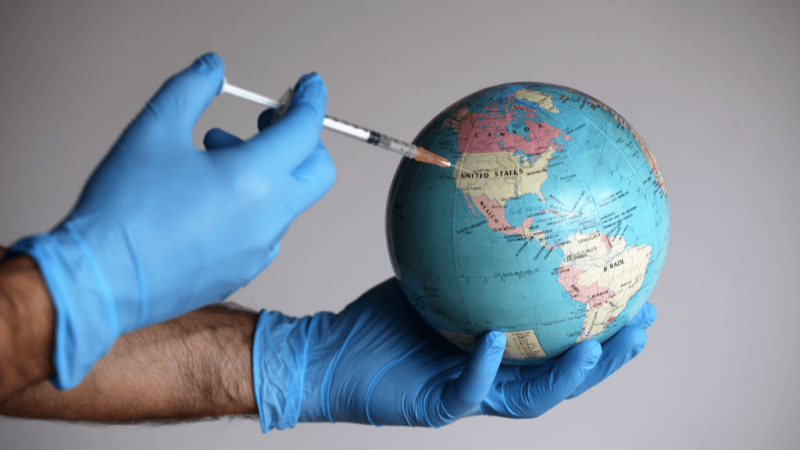The need will be vast; the globe’s population is approaching 8 billion people, at least half of whom live in countries that are unlikely to be able to secure vaccines on their own before 2022. Pre-2017, one would have expected the United States, working with its allies, to coordinate an international response. But the “America First” Trump administration has a reflexive aversion to multilateral efforts…
With the United States on the sidelines, it has fallen to two relatively small nonprofits, working with the World Health Organization (WHO), to fill the leadership void. The plan they have assembled—the COVID-19 Vaccine Global Access (COVAX) Facility—is promising, but it depends entirely on having sufficient funds to gain leverage with potential manufacturers.
For countries that commit to it, the COVAX Facility’s guarantee is the delivery of sufficient COVID-19 vaccines to protect high-priority populations by the end of 2021. More specifically, COVAX promises sufficient supply to cover the lesser of 20 percent of a country’s population, or all of its health-care workers, residents age 65 and older, and those with high-risk pre-existing conditions.
The WHO estimates this targeted population constitutes 24 percent of the global population.































